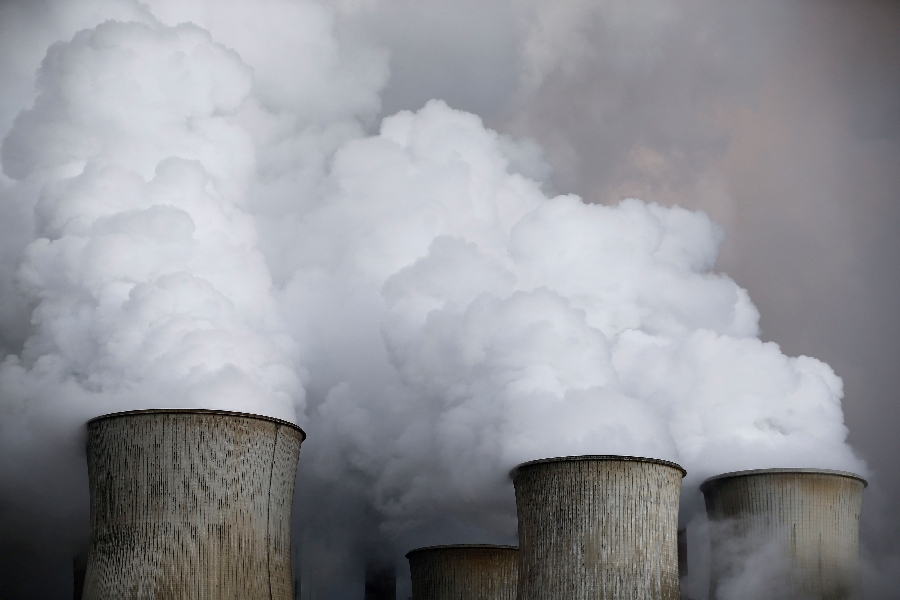Estonia is obviously a part of Europe for historical reasons. That is why we care about the well-being of the continent, with all its pros and cons. This year’s final issue of Diplomaatia mainly focuses on developments in Europe.
György Schöpflin, a former Hungarian MEP, writes about trends that cause concern within the EU. “For the small countries of Europe—and this includes all the former communist states—the thought of being integrated into a European empire should be anathema,” says Schöpflin. “They’ve all been through the imperial wringer, several of them more than once. Imperial rule means the centralisation of power, the non-accountability of the ruler and the arbitrary exercise of power,” he writes.
Mall Hellam, Mari-Liis Sulg and German political scientists Roland Freudenstein and Florian Hartleb comment on Schöpflin’s article.
Heather Grabbe, Director of the Open Society European Policy Institute, writes about lessons from 1989 concerning climate change.
“When embarking on any major system change, fear is inevitable in the face of uncertainty,” writes Grabbe. “For this reason, a positive vision for future life in the new system is vital. In the case of post-communist transition, the EU provided the prospect of prosperous, stable, secure and well-functioning societies,” she says.
Marianne Mikko, head of the Estonian Delegation to the Parliamentary Assembly of the Council of Europe, provides an overview of her experiences at the 70-year-old Council. “When an international organisation realises that a person is driven and determined, doors will soon start to open,” Mikko writes. “The impossible may turn out to be possible.”
Elina Libek, an adviser in the Legal and Research Department of the Estonian Parliament (Riigikogu), has studied the background of the plan for European strategic autonomy. “At this point, we must not overlook one of the most important claims made by the promoters of this idea: European strategic autonomy can’t be viewed as a simple choice—many principles connected to it may turn out to be crucially necessary,” writes Libek.
Diplomaatia’s interview focuses on the other end of the Eurasian continent—the Russian Far East, where China’s influence is keenly felt. Andrei Kalachinski, a political scientist from Vladivostok, explains how China may deliver an ultimatum to Russia at some point.
“The British, the Germans, the Portuguese—all of them have left the former territory of China. Only the Russians have remained,” says Kalachinski.
Piret Kuusik, a junior research fellow at the Estonian Foreign Policy Institute, reviews Eiki Berg’s new book.
This article was published in ICDS Diplomaatia magazine.

